As an editor and a moderator, a lot of content comes across my desk. Before I even read most of it, I scan it for plagiarism. While most great content is not plagiarized, hear on read.cash too much of it is.
I am going to explain a bit about plagiarism, what it is and isn't, how to spot it and how to avoid it, and what I do when I find it.

What is Plagiarism?
In short, plagiarism is using someone else's work and presenting it as your own. This can be done with or without the original author's (or artist's, or filmmaker's) permission.
According to Dictionary.com, synonyms for plagiarism are appropriation, infringement, piracy, counterfeiting, theft, borrowing, cribbing, passing off.

Look at the words in bold.
Piracy
I always thought piracy meant attacking and robbing ships at sea. Certainly, that is the number one definition. Pirates and piracy have been romanticized in the media and in fairy tales. We also think of piracy as way back in history. But piracy on the high seas still happens today. A group of pirates will take over a ship or boat and either kill everyone on board or take them and the cargo hostage. Piracy is not romantic. It is dangerous and even deadly.
Here you can read some Unsettling Facts About Modern Piracy by Vanessa written in 2020.
The number two definition (please DYOR) of piracy is some version of illegally reproducing (copying) someone's work or invention.
Plagiarism is piracy.

Counterfeiting
When I think of counterfeiting I immediately think of money, fake Gucci or Louis Vuitton, identification documents such as driver's license, passport, and birth certificates.
Notice the synonyms for counterfeit in the image above include the word forge. I think of paintings and signatures; common items of value which are forged.
I found 4 more definitions of counterfeit. I've included the screenshots. I got these definitions from the Merriam-Webster online dictionary. I encourage you to look up each of these words. Especially if English is not your native language.

Notice the last part of definition 1. ". . . with intent to deceive . . ."
I believe this is what makes plagiarism such a horrible act. Not only is the Plagiarizer stealing, but they are doing so with malicious intent. It is the worst kind of betrayal.

The second definition includes ". . . with intent to deceive . . ."
The first definition also includes the word forged. The second definition includes the word fraudulent.

And the third definition is the word Forgery.
So you can see, plagiarism is piracy, theft, and counterfeiting. It is stealing someone else's work with the intent to deceive others into thinking the work is your own. It is fraud. It is forgery.
Everybody knows theft, fraud, and forgery are morally corrupt, unethical activities. They are bad.
Is Plagiarism a Crime?
Although the laws regarding plagiarism are changing all over the world, most would say plagiarism in and of itself is not a crime. But the act of plagiarism leads to crimes. Fraud is a crime. Copyright infringement is a crime. Breaking a contract is a crime. Most of these crimes, in the United States, have been tried in civil, rather than criminal court.
However, in 2020 in the United States, the Copyright Alternative in Small-Claims Enforcement (CASE) Act was passed and signed into law by then-President Trump. The act basically created a small claims court that can hear copyright infringement cases. The fines can be as much as $15,000.00 per work.
Think about that. If you copy and paste something to read.cash and present it as your own work, the true author can take you to court, prove you plagiarized and infringed on their copyright, and you would be fined up to fifteen thousand dollars.
Are read.cash micro tips really worth it? Even for a $3,000.00 article, you would pay five times as much in fines. And that is per work. What if you copy and paste from several different sources? Each one of those original sources can take you to court!!!
The copy-and-paste variety of plagiarism is what I see most often. This is so lazy. And as of 2020, it is criminally lazy.
This is only for copyright infringement. Plagiarism can also land you in hot water for breach of contract. This means you agreed with another party to a certain set of terms but didn't hold up your end.

When you signed up to read.cash, you agreed to only publish original content. @Read.Cash even says it in plain English in their article How to Actually Make Money Blogging (on read.cash or anywhere) "Don't copy articles of other people."
The read.cash rules also cover copyright infringement. The rules are talking about images, but I bet, in a court of law it could be argued this includes copyright of any kind. Would you really want to risk it?
When you agreed to follow read.cash rules as a user of the site, but then copied other people's articles and passed them off as your own, you breached your contract with read.cash. You might have to return any funds you received from Rusty, as well as any readers who tipped you.
Many content creators have their own brand. Their name is their brand. When you copy and paste and represent their work as your own, you are committing fraud and forgery. Both of these are crimes.

How to Spot Plagiarism
If I am moderating Bitcoin Cash Hub, here on read.cash, the very first thing I do is run the article through a free plagiarism checker.
There are several. A quick google search will get you there. I may need to use more than one to find what I'm looking for. There are times I KNOW the content is plagiarized but have a hard time proving it.
How do I know?
On Platforms like read.cash, noise.cash, and Medium it is easy to tell based on the language used in the content versus the language used in comments. One does not often go from broken English to perfect grammar.
Another dead giveaway something is copy and paste is the font. Or even the color of the page under the type. Sometimes the font is completely different. Sometimes the copied text is grayed over, "highlighted" with gray.
Every now and then the content will feel familiar, the slang, the idiom, and the topic. I feel like I've read it before. Article déjà vu, I call it.
When any of these circumstances occur, I do a plagiarism check.
How to Avoid Plagiarizing

The number one way to avoid plagiarism is to thoroughly understand what you are talking about.
If you need to research a subject, that is fine. Research away. But before you try to write about it, you must KNOW it.
If you need to quote another article, use quotation marks. Cite your source. Online, you can create links. But to play it safe, you better have "according to Wikipedia . . ." or some such.
If you don't thoroughly know your subject, do not write about it. Write about something else. You can even write about not knowing.
Content is like an image. You have to properly attribute it or risk being labeled a plagiarist, pirate, thief, or counterfeiter.
What I Do When I Discover Plagiarism?
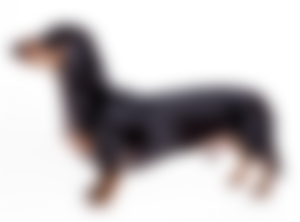
Doxie is a nickname for dachshund. But, no, I don't sic a dachshund on plagiarizers.
Similar in sound but different in spelling is doxxing.
Doxxing is usually associated with publishing personal information with malicious intent. Outing someone.
I do not have malicious intent, nor do I release personal information, but I will absolutely out plagiarists. 100%.
I report them, I reject their submitted articles, I leave a comment under the article detailing the plagiarism. I will even email the platform to hopefully have them banned. I downvote. I let my fellow editors, moderators, writers, and friends know who the person is and what they've done wrong.
If I discover MY content has been plagiarized, especially for profit, I will absolutely sue the daylights out of the thief. And if I do get their personal information, such as their true name, I will release that into the wild as well.
I won't release addresses or phone numbers. Too many innocents could be harmed that way. But short of that? You bet I will call them out and shame them before the community.
Do you suspect someone of plagiarism? Run their content through a plagiarism checker. Let me know in the comments.
PlagerismToday is a great resource if you suspect your content has been plagiarized.
Lead Image By RootOfAllLight - Own work, CC BY-SA 4.0, https://commons.wikimedia.org/w/index.php?curid=91679386
I'm always on the lookout for sponsors and sponsees. Let me know in the comments if you would like to be sponsored. Use the sponsor bar if you would like to sponsor me and my plagiarism-free content.

...and you will also help the author collect more tips.
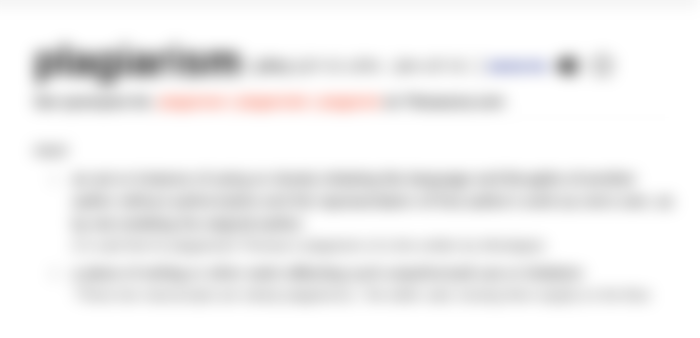


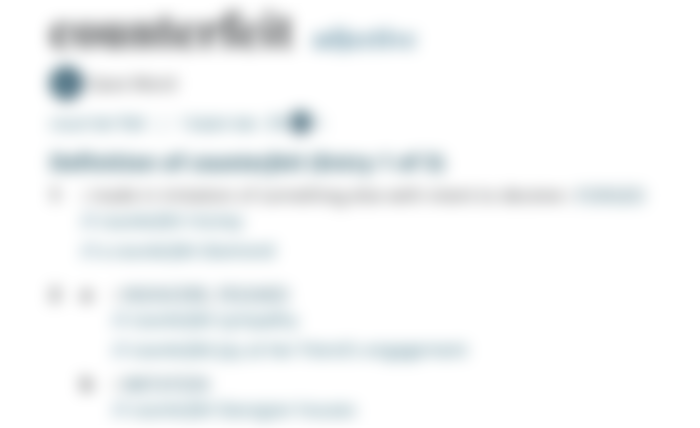
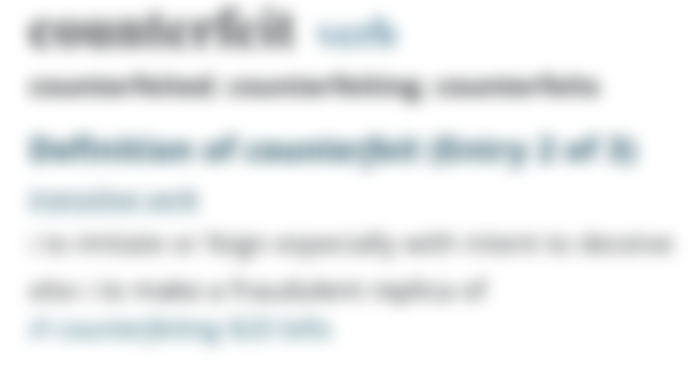
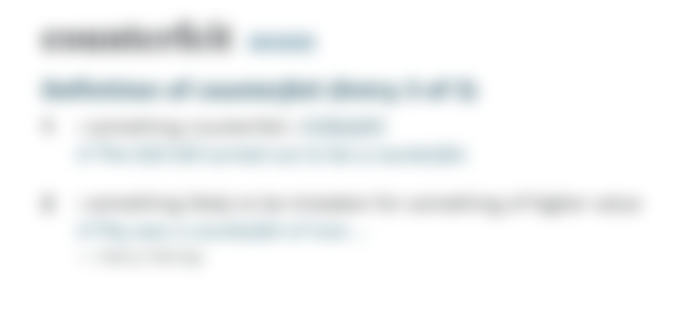
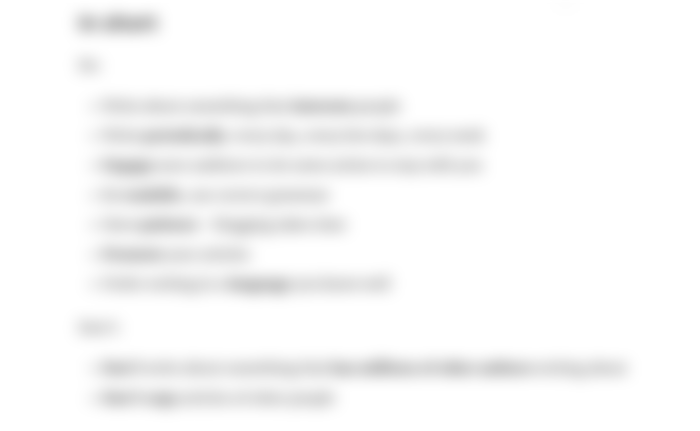
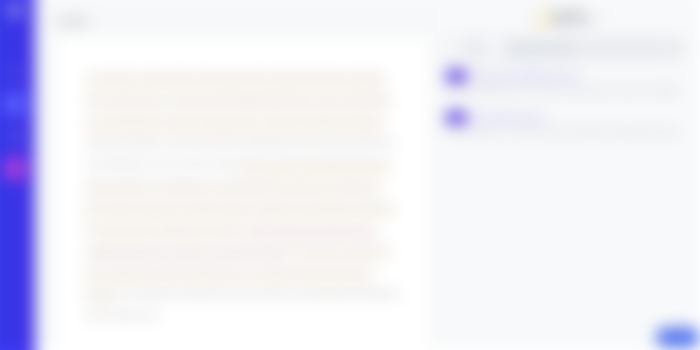


I'm glad you wrote about this Jonica. The $15,000 small claims court law for copyright infringements is a pretty nifty deal since that lowers the bar for fighting people who steal other's articles. I didn't know about it until I read your story.
I'd give you a tip, but I haven't earned any BCH since I'm brand new.
Unicorns forever!